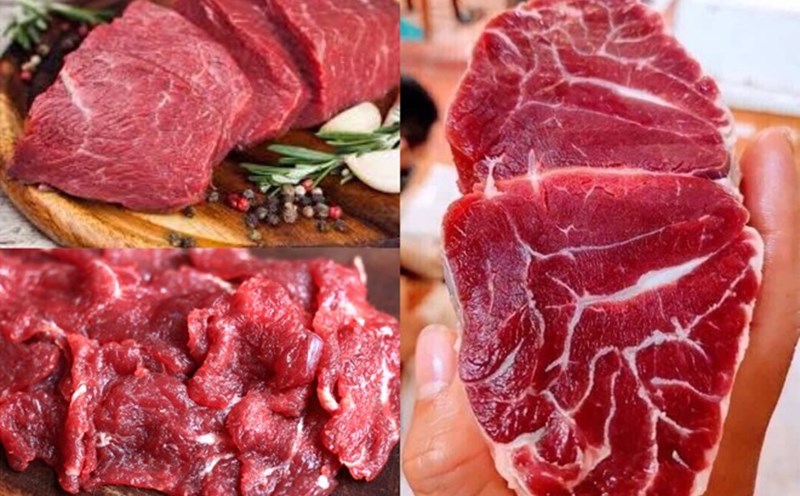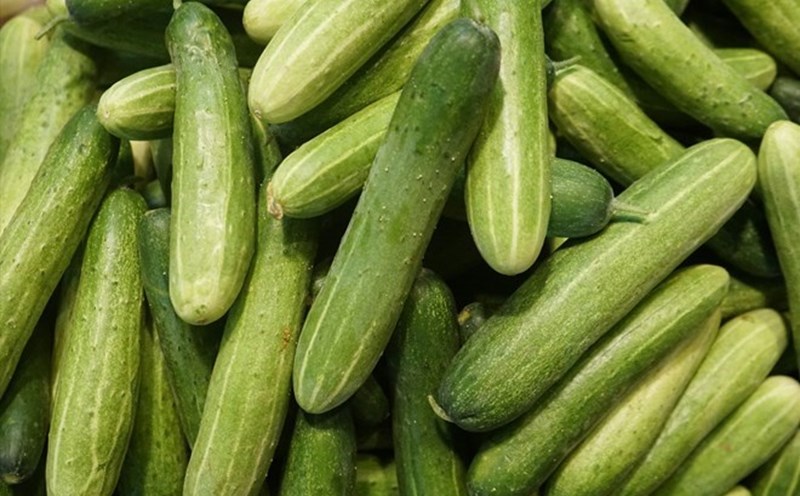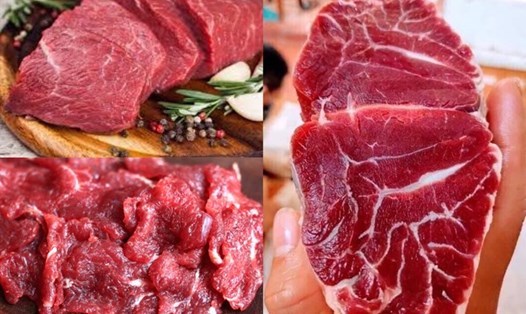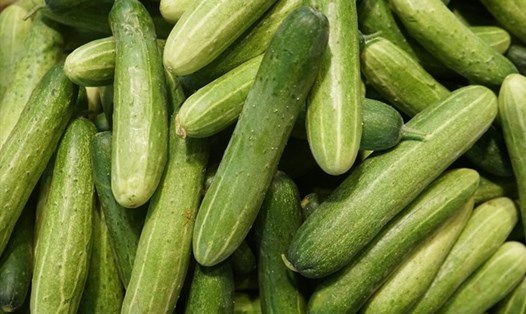Apple
Apples are one of the best fruits for controlling visceral fat. With only about 52 calories per 100 grams and a high fiber content (2.4 grams), apples help increase satiety and control weight.
Research published in The American Journal of Clinical Nutrition shows that apple consumption can lower cholesterol levels and improve heart health.
Grapefruit
Grapefruit is very low in calories (about 42 calories per 100 grams) but rich in fiber and water, which helps promote fat burning.
Research from Nutrition & Metabolism shows that eating grapefruit daily can reduce visceral fat and improve insulin sensitivity thanks to natural compounds like naringenin.
Pear
Pears provide about 57 calories per 100 grams but contain up to 3.1 grams of fiber, especially the soluble fiber pectin. Research from the British Journal of Nutrition shows that pectin helps reduce fat absorption in the digestive tract and improves lipid metabolism, contributing to visceral fat loss.
Kiwi
Kiwis are a great source of fiber (3 grams per fruit) and contain only 61 calories. They are also rich in vitamin C and actinidin, an enzyme that aids digestion. According to research from Advances in Food and Nutrition Research, eating kiwis can improve gut health and reduce inflammation associated with visceral fat.
Berries (strawberries, blueberries, raspberries)
Berries are not only rich in fiber (about 2-4 grams per 100 grams) but also low in calories, only about 50-60 calories.
Research in the Journal of Nutrition and Metabolism has shown that anthocyanins in berries may help reduce visceral fat and improve metabolic function.
Papaya
Papaya provides fiber (2 grams per 100 grams) and the enzyme papain, which aids digestion and prevents fat accumulation. Papaya is also low in calories, with only about 43 calories per 100 grams.
Research from the Indian Journal of Endocrinology and Metabolism shows that papaya helps control weight and maintain stable blood sugar levels.











